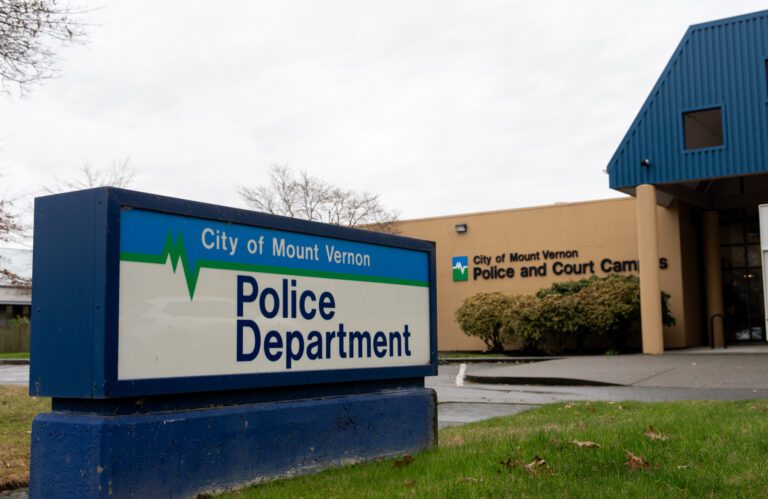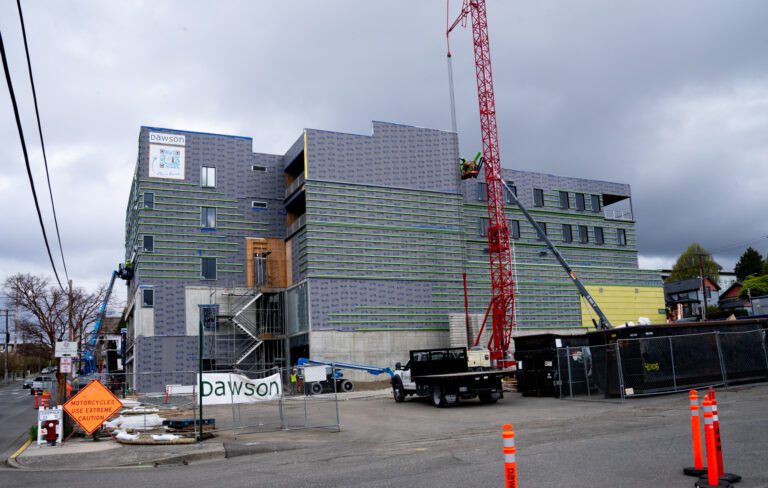Free breakfasts and lunches will soon be offered to more students, and additional funding will be allocated per pupil for special education, thanks to several education bills that passed the state Legislature this session.
Last year, state Superintendent Chris Reykdal announced his proposal to offer free meals to all public school students in the state.
“When students are hungry, their ability to learn and engage in school is impacted,” Reykdal said in a news release last fall. “Quality nutrition is a key component of student success and access to meals is an important part of being at school. We have to stop expecting families to foot the bill for resources and supports that are a normal part of the school day.”
After the bill traveled through the House and Senate, the proposal was reduced — largely due to impending financial strain — to offer free meals to just kindergarten through fourth-grade students in schools where 30% or more of students qualify for free-and-reduced lunch. House Bill 1238, still touting the name “providing free meals for all,” has passed.
For Whatcom County, this means a majority of elementary schools will qualify for free breakfasts and lunches, if they didn’t already.
The Ferndale, Lummi, Mount Baker and Nooksack Valley school districts, and many schools within other districts, already offered free lunches to all students. Following last year’s legislation, the state required all school districts with 40% of students qualifying for free-and-reduced lunches to apply for the federal Community Eligibility Provision (CEP) through the U.S. Department of Agriculture.
Currently, 47.4% of students statewide qualify as low-income. In Whatcom County, districts range from 35% to 65% qualifying as low-income with schools fluctuating within that threshold, according to the Washington State Office of the Superintendent of Public Instruction (OSPI).
The new bill removed the CEP enrollment requirement, and meals that are not covered by federal funding will be reimbursed by OSPI. Additionally, the bill notes, school districts are required to keep collecting free-and-reduced lunch paperwork and communicate the data with the federal government.
Starting in the 2023–24 school year, schools with 40% of students eligible for free-and-reduced lunch must provide free lunches to all. In the 2024–25 school year, the mandate will expand to districts with 30% eligible.
 A Community Transition student puts a quiche in the oven at Bellingham High School in January 2022. Community Transitions is a special education program for 18- to 21-year-olds in Bellingham Public Schools. School districts will receive more funding for more students in special education. (Hailey Hoffman/Cascadia Daily News)
A Community Transition student puts a quiche in the oven at Bellingham High School in January 2022. Community Transitions is a special education program for 18- to 21-year-olds in Bellingham Public Schools. School districts will receive more funding for more students in special education. (Hailey Hoffman/Cascadia Daily News)
The House and Senate also passed House Bill 1436, seeking to increase funding for special education.
The state has raised the cap of the percentage of students they will fund from where it sits now at 13.5% to 15% by 2025.
At a February school board meeting, Bellingham Public Schools discussed how 14.7% of its district receives special education. Due to the cap, the district does not receive additional funding for 1.2% of students. Currently, the district relies on a levy to fund $12 million for special education.
“If the cap gets eliminated and they fully fund our 14.7%, we would get about an additional $1.7 million,” Superintendent Greg Baker said at the meeting.
Additionally, schools will receive increasingly more funding per special education student through 2027. The increase of the multiplier will further offset the costs of special education students.




